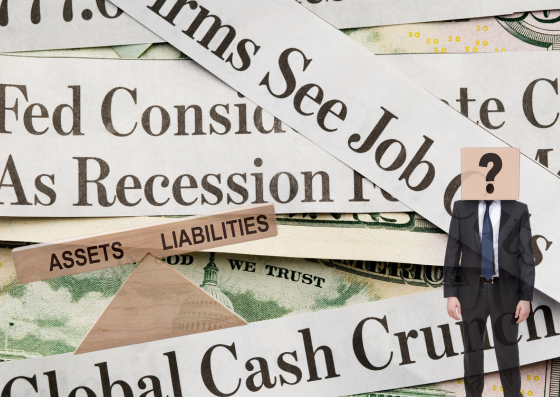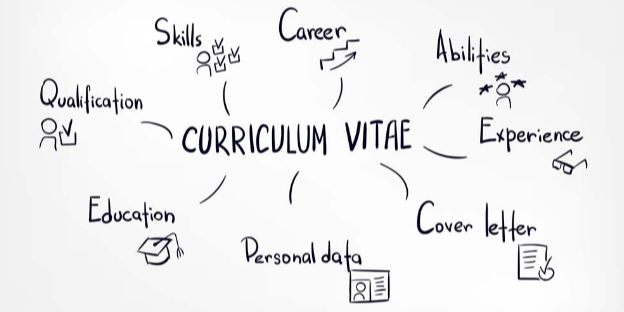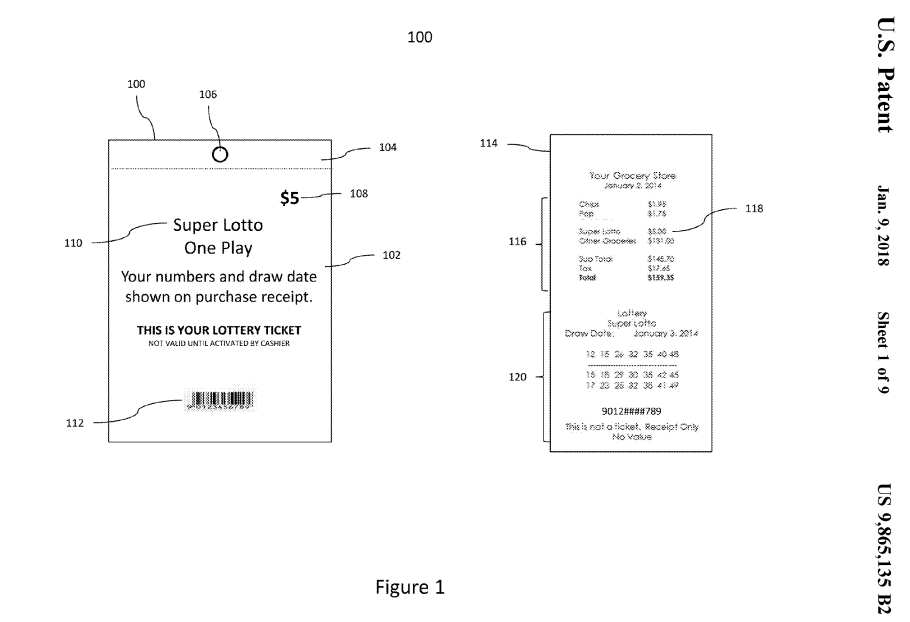Question: Some economists have argued that the Fed should raise its inflation target from 2 percent to 3 or even 4 percent. Why might the effect of a higher inflation target on the quantity of real money balances demanded be larger in the long run than in the short run?
Solution:
Economists often treat price theory and monetary theory as conceptually distinct. Milton Friedman, for example, called this the major division in economics. Monetary theory, he argued, concerns the overall price level and fluctuations in output and employment; price theory, by contrast, explains how relative prices allocate scarce resources.
In my view, the boundary between the two is not as sharp as Friedman suggested; price theory and monetary theory often intersect in fascinating ways. For example, a higher inflation target can distort comparative advantage by altering relative prices. It may also discourage capital accumulation if capital income taxes are not indexed to inflation. Both effects reduce output and, in turn, lower the demand for real money balances.
These examples are worth noting, but they are not quite the effects I had in mind when I posed the question. Rather, I was thinking about how a higher inflation target would influence households’ decisions to adopt particular financial technologies. To that end, let us set aside the income effects of higher inflation and focus instead on this choice.
Households have access to a wide range of financial technologies for saving—such as checking and savings accounts, certificates of deposit, money market accounts, and money market mutual funds, to name just a few. Some of these products, like money market mutual funds, are nearly as liquid as a checking account but offer significantly higher returns. However, taking advantage of those higher returns typically requires households to incur a fixed cost—whether in time, effort, or attention—to open and manage the account.
The returns offered by these accounts typically rise with inflation. When inflation expectations increase, lenders demand higher nominal interest rates to preserve the real value of their savings. Without such an adjustment, they would be repaid in dollars worth less than those they lent, reducing their real return.
When inflation is relatively low, these accounts offer little advantage over traditional chec king or savings accounts. As a result, many households may find that the fixed costs of opening and managing them are not worth incurring. While inflation may temporarily deviate from expectations, households are unlikely to adopt new financial technologies unless there is a sustained shift in its long-run trend.
In short, households’ inflation expectations shape their decisions about whether to adopt particular financial technologies. As a result, their response to a temporary deviation in inflation will differ from their response to a permanent increase in the trend inflation rate.
When the trend rate rises—as it would if the Fed adopts a higher inflation target—it may become worthwhile for households to incur the fixed cost of opening and managing a money market mutual fund account. Once they do, we can no longer assume that the household’s demand for real money balances remains constant.
We can illustrate this idea with a simple diagram showing the relationship between the demand for real money balances and the nominal interest rate, i. In the figure below, the curve labeled D1 represents aggregate money demand under the current inflation target. When inflation deviates temporarily from this target, households move along D11 to point B, reducing their real balances to QSR in response to the higher nominal interest rate.
If, however, the Fed permanently raises its inflation target, and households respond by adopting new financial technologies, the demand curve shifts leftward to D2. This new curve reflects a lower quantity of real money balances demanded at every nominal interest rate. As before, temporary fluctuations in inflation lead to movement along D2. But if the trend inflation rate shifts again, the entire demand curve shifts once more.
The long-run aggregate money demand curve, labeled DLR, connects D1 and D2. It reflects households’ full adjustment to a permanently higher inflation rate, including the adoption of financial technologies that help them economize on money holdings. The relatively flatter slope of DLR captures the idea that money demand is more sensitive to the nominal interest rate in the long run than in the short run.
Households are unlikely to identify and adopt new financial technologies immediately. If the Fed raises its inflation target, households will begin to reduce their real money balances, but the full adjustment to the higher trend rate will take time. For this reason, the effect of a higher inflation target on the quantity of real balances demanded is larger in the long run than in the short run.

























